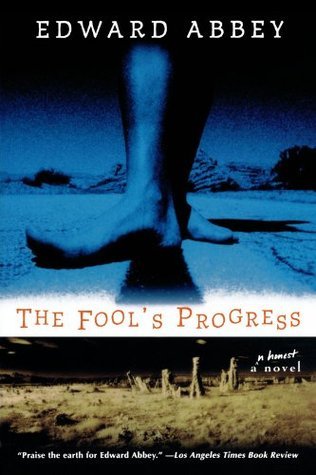What do you think?
Rate this book


528 pages, Paperback
First published January 1, 1988
There is a certain unmistakable sound that ballplayer and fan recognize instantly, as if engraved on memory and soul among those clouds of glory on the other side of birth, beyond the womb, long ago before conception when even God himself was only a gleam in a witch doctor’s eye.
The sound of the long ball.
All faces turned toward the sky, toward the far-flung splendor of an Appalachian sunset, and saw Red’s departing pellet of thread, cork, rubber and frazzled leather rise like a star into the last high beams of the sun, saw it ascending high, higher and still higher over Jock Spivak’s outstretched despairing arms in the remotest part of center field, far above the fence, over the trees and beyond the creek, where it sank at last into twilight and disappeared (for two weeks) in the tangled fodder of Mr. Prothrow’s cornfield.
Sonny Adams followed by Elman Fetterman came trotting across home plate, dancing in delight. Blacklick 21, Stump Creek 20, Stump Creek 21. The home team swarmed with joy around the runners, waiting for the last and winning run.
But where exactly was it? That winning run? Where was Red? Red was nowhere. Red was everywhere. Red stood in front of home plate leaning on his bat, watching his first hit of the game vanish into immortality somewhere southwest of Stump Crick. Run? he said. What the hell do you mean, run? Hit’s a home run, hain’t it? What the hell I gotta run round them goldamn bases fer? He spat a filthy gob of tobacco juice into the trenched soil at his feet, shouldered his bat in disgust and strode down the red-dog road, headed for Ginter’s hollow…